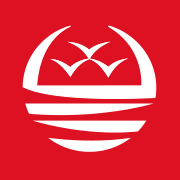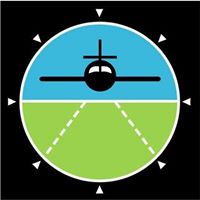New Zealand
Economic Overview of New Zealand and What it means for International Students

New Zealand has been ranked by the World Bank as the best country in the world to start a business or start-up in 2015, and the second easiest country to do business overall.
New Zealand economic growth was recorded at a lesser pace than what the economists had forecasted as manufacturing and construction sectors declined. GDP increased 0.4% in second quarter, from the first quarter when it rose 0.2%. Overall the GDP rose 2.4% from 2014.
The growth in the second-quarter was directed by increase in mining, business services and farm production, according to Statistics New Zealand. Manufacturing declined and services grew at a slower speed than the previous quarter.
New Zealand Dollar fell to a third of a US cent at the end of the year. 1 NZD equaled 63.54 cents at the end of 2015. Annual growth slowed from 3.5% in 2014. The Reserve Bank of New Zealand has lowered its forecast for growth during the first quarter of 2016 to 2.2% from the 3.3% which was projected earlier. It expects the annual growth of 2016 to reach at least 2.8% by the end of 2016.
The RBNZ’s Governor said New Zealand’s economy was reacting to a sharp decline in export, and a decline in confidence. Slower growth has suppressed inflation, and the NZ economy was in need of lower interest rates to get back up to the target midpoint of 2%.
New Zealand has been ranked by the World Bank as the best country in the world to start a business or start-up in 2015, and the second easiest country to do business overall. There are little restrictions on starting, owning and operating a business in NZ. Over the past two decades the government policies and practices have transformed New Zealand from an agricultural economy to an industrialized and free market economy that is competing globally. This growth has increased real incomes and expanded the technological capabilities of the industrial sector.
Back









1520636038.png)
1520635825.jpeg)


1520633862.jpeg)
1520633592.jpeg)





1520631808.jpeg)
